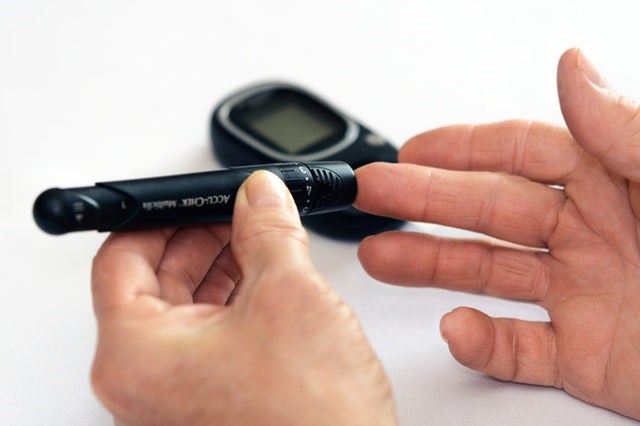Overtreatment of Diabetes Could Lead to Dangerous Outcomes

Diabetes is a disease that, according to the American Diabetes Association, affects almost 10% of the population in the United States, and is the 7th leading cause of death in America. While there is no cure for diabetes, it can be maintained with a healthy diet and regular exercise, use of insulin, medications, and glucose-lowering therapy. With multiple different ways to manage it, those who live with diabetes can maintain fairly normal lives, but as studies have shown over monitoring and over-treating the disease can cause problems for patients.
In a recent study published in Mayo Clinic Proceedings researchers have found that many patients may be receiving too much treatment, which can lead to hypoglycemia or abnormally low blood sugar levels.
"Hypoglycemia, or low blood glucose, is one of the most common serious adverse effects of diabetes therapy, causing both immediate and long term harm to [people] who experience it, Severe hypoglycemia, defined by the need for another person to help the patient treat and terminate their hypoglycemic event, is associated with increased risk of death, cardiovascular disease, cognitive impairment, falls and fractures, and poor quality of life," explains lead researcher Dr. Rozalina McCoy.
The data used in the research was collected between 2011-2014 from the National Health and Nutrition Examination Survey, as well as the OptumLabs Data Warehouse. Researchers first had to estimate how prevalent intensive glucose therapy was in the U.S per the National Health and Nutrition Examination Survey.
Intensive therapy was defined as “taking one type of medication to achieve hemoglobin A1C levels of 5.6% or under, or taking two or several types of medication to achieve hemoglobin A1C levels of 5.7 to 6.4%.”
Then this information from OptumLabs Data Warehouse was used to estimate how many people have visited the hospital due to hypoglycemia related to overtreatment.
It was found that within the years of 2011 and 2014 as many as 2.3 million people received overly intensive treatment for their diabetes.
Dr. McCoy and her team are now stressing to patients how dangerous overtreatment is and how it can be just as harmful as undertreatment.
"It is important not only to ensure that we do not undertreat our patients with diabetes, but also that we do not overtreat them because both undertreatment and overtreatment can harm our patients," stresses Dr. McCoy.
Read more here.
